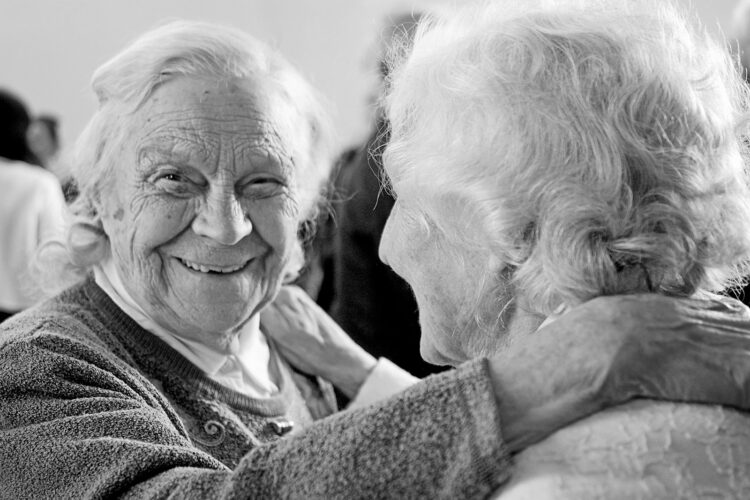
Every generation looks back fondly on the past, but seniors often feel the difference most strongly. Life moved at a slower pace, objects were built to last, and relationships felt more personal. When they say, “They don’t make it like they used to,” it’s rarely just about products — it’s about quality, respect, and connection that seem harder to find now. Here are 15 things seniors often feel have changed for the worse.
Furniture That Lasted a Lifetime

Seniors remember when furniture was handcrafted from solid wood, built to serve families for decades and even passed down through generations. Tables, chairs, and dressers weren’t just functional — they became part of family history. Today, mass-produced and flat-pack options are cheaper and more convenient, but they often don’t stand the test of time. Seniors miss the feeling of investing in something once, knowing it would endure, and that quality mattered more than quantity.
Appliances That Never Quit

Household appliances used to be reliable companions. A refrigerator might last 30 years, and washing machines could survive decades with just a few repairs. Today’s models are sleeker and filled with advanced features, but many seniors feel they break down more quickly, with repairs often costing nearly as much as replacements. They miss the confidence of buying something durable, built with the intention of lasting.
Customer Service With Real People

Seniors remember a time when calling a business meant being greeted by a person who cared. Local shopkeepers knew your name, and company representatives often built relationships with long-time customers. Now, automated phone systems, endless menus, and outsourced call centers make service feel impersonal.
Handwritten Letters
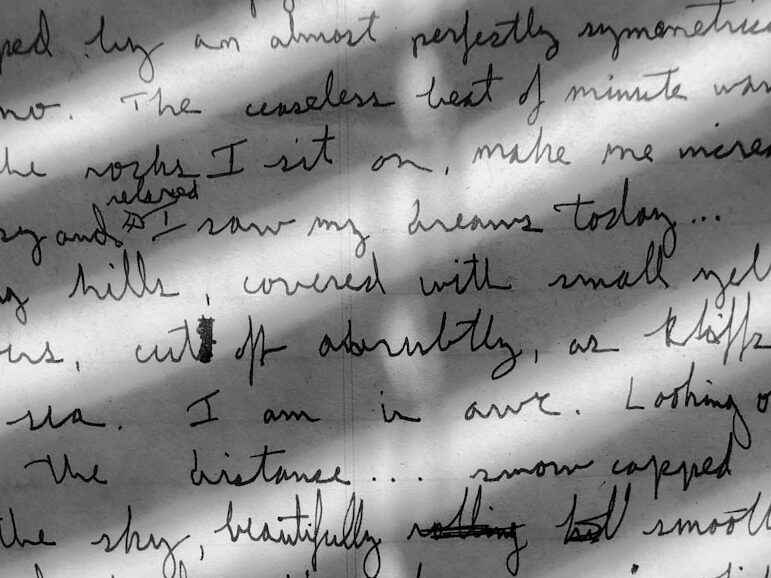
Letters were once treasures — thoughtful messages written by hand, sometimes saved in shoeboxes for decades. Receiving a letter carried weight: someone had taken time, chosen their words, and shared a tangible piece of themselves. Seniors miss the ritual of writing and receiving, the excitement of opening an envelope instead of a notification.
Cars Built Like Tanks

Older cars had weight, durability, and a sense of sturdiness that seniors still talk about. They might not have had Bluetooth or automatic features, but they ran for decades and could often be repaired at home or by a trusted mechanic. Seniors say today’s vehicles feel more fragile — safer in some ways, yes, but not built with the same toughness.
Respectful Manners
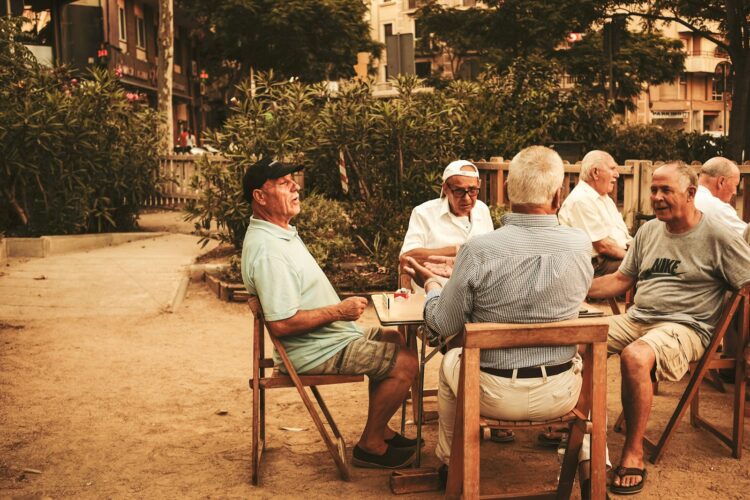
“Please,” “thank you,” “excuse me” — simple courtesies used to be expected, not optional. Seniors often notice how easily these little signs of respect seem to be slipping away. People appear more rushed, distracted, and focused on their phones than on basic politeness. They miss a time when manners were part of everyday life, when holding doors, greeting neighbors, and respecting elders was the norm.
Music With Soul

From jazz and rock ’n’ roll to soulful ballads and folk tunes, seniors feel the music of their era carried more depth. Instruments were played live, lyrics told real stories, and voices were raw and authentic. Today’s hits may be catchy, but to many older ears, they sound manufactured or repetitive. Seniors miss the communal aspect too — gathering around radios, record players, or dance halls where music created connection.
Clothes Made to Last

Wardrobes once included tailored suits, sturdy shoes, and dresses sewn with care. Clothing wasn’t about chasing fast-changing trends; it was about quality, durability, and pride in how you looked. Seniors often feel that today’s clothes wear out quickly, made cheaply to serve fashion cycles rather than real life. They miss buying a coat or pair of shoes that could last a decade, repaired when needed, and treasured for years.
Neighbors Who Knew Each Other
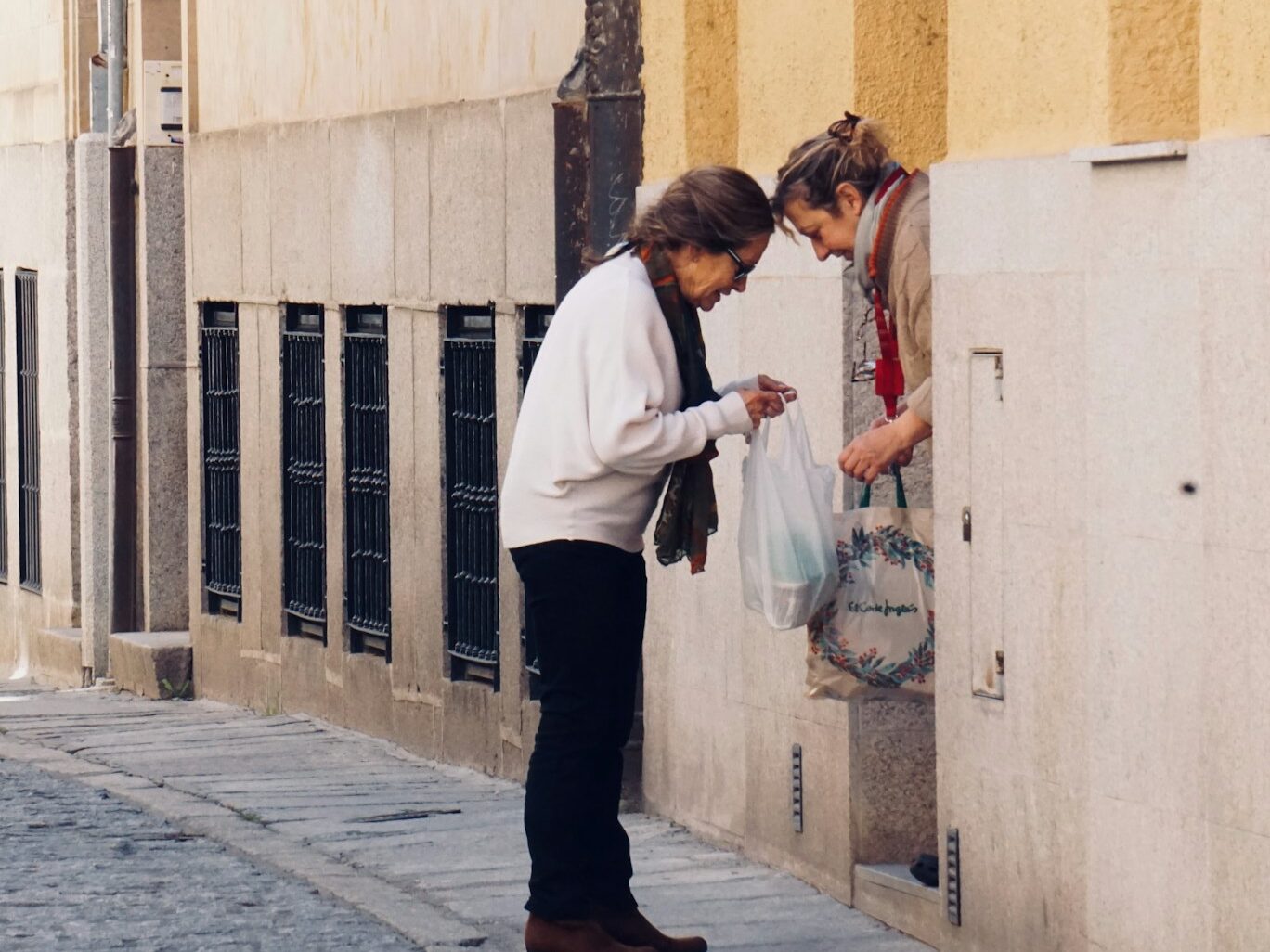
Neighborhoods used to feel like extended families. Kids played outside until dark, adults gathered on porches, and everyone knew each other’s names. Seniors often lament how disconnected communities feel now, with people barely recognizing the faces next door. They miss the sense of belonging, the unspoken promise that neighbors would look out for one another. That spirit of community once brought safety, comfort, and warmth.
Toys Built for Imagination

Toys used to be simple: wooden blocks, dolls, marbles, and board games. They encouraged children to invent, pretend, and create stories of their own. Seniors often feel today’s gadgets and screen-based toys leave less room for imagination. They miss seeing kids outside making their own fun, inventing games, and stretching their creativity. Childhood once felt freer, less structured by technology or endless entertainment options.
Meals Made From Scratch

The kitchen was once filled with the smells of homemade bread, simmering stews, and desserts made with love. Seniors remember families sitting down at the table without distractions, sharing not just food but conversation and connection. Today’s fast-paced lifestyle often means takeout, frozen meals, or eating in front of screens. Seniors miss the care and tradition in meals cooked from scratch, where recipes were passed down and food was tied to memory.
Movies With Real Storytelling

Classic films were carried by dialogue, acting, and emotional depth. Seniors often feel that today’s blockbusters focus too heavily on special effects and less on story. They miss the magic of theaters filled with excitement, where films sparked discussions long after the credits rolled. Movies once felt like art, not just entertainment. Seniors often say that older films had heart — and that heart connected audiences more deeply than CGI ever could.
Simpler Technology

Rotary phones, radios, and televisions with dials may seem outdated, but they were dependable. Seniors miss the simplicity of devices that worked without constant updates, passwords, or upgrades. While today’s technology is powerful, it can feel overwhelming and fragile. Back then, if something broke, it could often be fixed — not replaced entirely.
Quality Time Without Screens
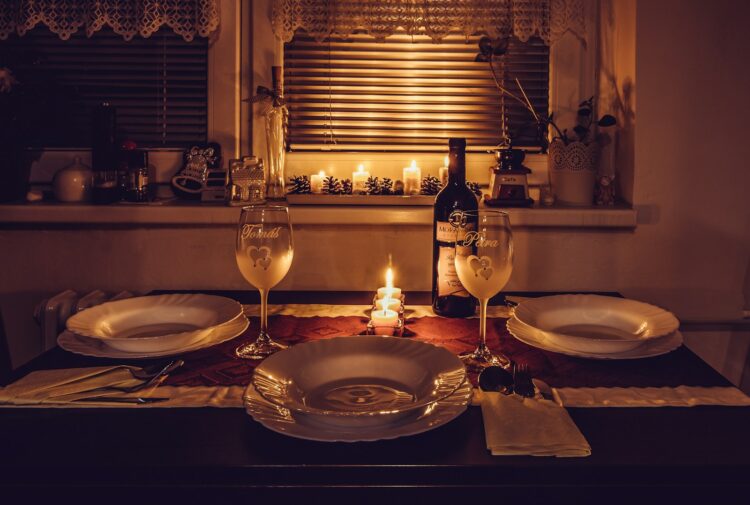
Family evenings once meant card games, porch talks, or simply being together. Seniors miss a world where connection wasn’t interrupted by buzzing phones or endless notifications. They remember when people looked each other in the eye, gave full attention, and shared moments without distraction. Today, screens dominate even shared spaces, and it feels harder to build the same closeness. For seniors, the absence of distraction made love and friendship stronger.
A World That Felt Safer

Seniors often recall a time when children played freely outside, doors were left unlocked, and trust in neighbors felt natural. Whether the past was truly safer or simply seemed that way, it carried a sense of security that feels lost now. Today’s world feels faster, harsher, and more uncertain. Seniors miss the peace of living without constant fear or caution, when daily life felt less complicated and communities felt protective rather than distant.

